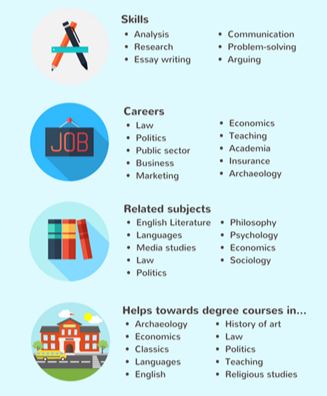Curriculum Plans: Please click here for the curriculum plans for History
The purpose of the History curriculum is to help pupils gain a coherent knowledge and understanding of Britain’s past and that of the wider world. We want to inspire pupils’ curiosity to know more about the past, to learn to ask perceptive questions, think critically, weigh evidence. Also to assess arguments and develop perspective and judgement. Studying History will help students to understand the complexity of people’s lives, the process of change, the diversity of societies and the relationships between different groups, as well as develop knowlegde of their own identity and the challenges of their time.
Core curriculum principles in the History curriculum:
Entitlement: students study a broad range of content from the past 1000 years, through use of a range of evidence and historical scholarship in their studies.
Coherence: Our curriculum is chronologically sequenced with a focus on period, place, and people, which builds on and develops previous knowledge and misconceptions.
Mastery: Students will be able to link new knowledge to previously taught content and understand the different ways they connect and use this knowledge in other subjects across the wider curriculum. Explicit interleaving continues with low-stakes testing embedded, and students will continue to learn how to retain and recall key information.
Representation: Students will encounter a curriculum in which they can see themselves whilst offering a range of diverse experiences that provide the opportunity to broaden their knowledge.
Education with character: Through the history curriculum, students are given many opportunities to debate historical controversy and to share and reflect on a range of topics. Within the college, there are moments for students to extend their learning beyond the classroom, such as remembrance and commemoration of significant events as well as extra-curricular clubs.
Key Stage 3
This KS3 history curriculum is developed using a chronological method and ensuring that many aspects of history worldwide, rather than just Britain, are addressed. We have a clear focus on the role of religion and interconnectedness in Year 7 through Medieval units leading to a spread of ideas and the role of these international links within Years 8 and 9. The concepts of power and authority are present throughout KS3 via religion in Year 7, monarchy in Year 8 and political leaders in Year 9. Protest movements and campaigns feature throughout KS3, and importantly these units are where concepts around identity and belonging are developed. Black history is included throughout the schemes to highlight visibility rather than common misconceptions. Local history is also included to help students understand Cambridge’s role in society but also to give ambition to students to find their place as well.
Key Stage 4
At Key Stage 4 pupils are on an academic pathway to develop their disciplinary knowledge and deepen their substantive knowledge across four key units of an exam specification. Important historical skills are developed from analysing evidence and evaluating interpretations.
In Year 10, students will look at the theme of ‘Medicine in Britain’ across a long-term chronological study allowing the application of second order concepts such as change and continuity and use of interpretations. This is also where students will experience an in-depth case study for the first time, with the understanding of how medicine developed within the backdrop of WWI, showcasing source inference, and cause and consequence. The next unit of the curriculum is a Modern depth study of Weimar and Nazi Germany with further skills and concepts developed. The remainder of the year is focused on AO3 and AO4 with use of sources and interpretations and continue to interleave previous low-stakes testing.
The Year 11 curriculum covers the GCSE for Paper 2 with Early Elizabethan England as a British in-depth study and Superpowers and the Cold was as a Period study. Students will then address areas of development following mock exams in preparation for summer external exams.
Useful websites and links
Progression to University and Careers
